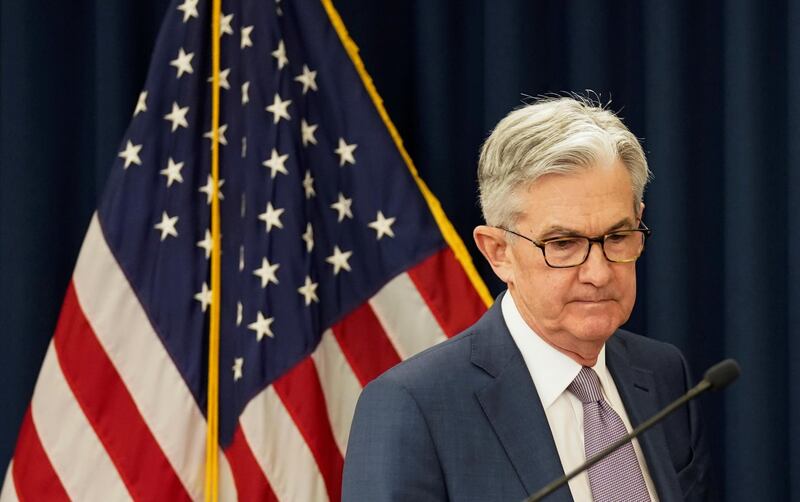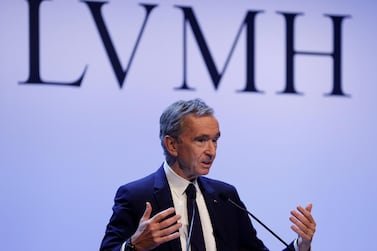The US Federal Reserve cut interest rates to nearly zero on Sunday in another emergency move to help shore up the US economy amid the rapidly escalating global coronavirus pandemic.
It also announced a $700 billion quantitative easing programme to try and stabilise the global economy. The Fed also slashed reserve requirements for thousands of banks to zero.
The central bank already cut interest rates by half a percentage point on March 3 at an emergency meeting, the first emergency cut since the financial crisis in 2008. The central bank said it was cutting rates to a target range of 0 per cent to 0.25 per cent.
US President Donald Trump called the move “terrific” and “very good news”.
“I want to congratulate the federal reserve,” he said at a White House briefing of his coronavirus task force. “What’s happened with the Fed is phenomenal news.”
“I can tell you, I’m very happy. I didn’t expect this. And I like being surprised.”
Americans are waking up to a new reality as the illness spreads, with store shelves stripped bare of toilet paper, schools closed and large gatherings banned.
The White House appealed to Americans not to hoard as the coronavirus spreads, reassuring them that grocery supply chains were strong.
Mr Trump held a phone call on Sunday with 30 executives from grocery stores including Amazon.com Inc’s Whole Foods, Target Corp, Costco Wholesale Corp and Walmart Inc, the White House said.
The president tested negative for coronavirus, his doctors said on Saturday, as he extended a travel ban to Britain and Ireland to try to slow the pandemic.
Travellers returning to the United States and being screened for the coronavirus were met by long queues and massive delays at some major airports, prompting federal officials to send more staff and Mr Trump to appeal for patience.
Mr Trump said airport checks are “moving as quickly as possible but it is important to be vigilant and careful”.
With limited testing available, US officials have recorded almost 3,000 cases and 62 deaths. Globally, more than 162,000 are infected and more than 6,000 have died.
The US House of Representatives passed an aid package on Saturday that would provide free testing and paid sick leave.
American containment measures have so far been mild compared with the nationwide lockdowns imposed in Italy, France and Spain. But Ohio and Illinois on Sunday ordered all bars and restaurants to close, although takeaways and delivery are still allowed.
“I think Americans should be prepared that they are going to have to hunker down significantly more than we as a country are doing,” Dr Anthony Fauci, the nation’s top infectious diseases expert, said on NBC’s Meet the Press. Elderly people and those with underlying conditions need to be especially cautious.
Mr Fauci said he did not foresee domestic travel restrictions in the immediate future but said, as he did last week, that the outbreak would get worse before it gets better.
Asked whether he thought US authorities should impose a 14-day lockdown to try to stop the spread of the virus, Mr Fauci said: “You know, I would prefer [that] as much as we possibly could. I think we should really be overly aggressive and get criticised for overreacting.”
Mr Fauci said on CBS’s Face the Nation the idea of closing restaurants in the United States “might be overkill right now, but everything is on the table”. He said he himself would not go to a restaurant.
“If it looks like you’re overreacting, you’re probably doing the right thing,” Mr Fauci said.
Even though Americans are not barred from going to the cinema, ticket sales in North America fell to their the lowest level for more than two decades this weekend, measurement firm Comscore said.








